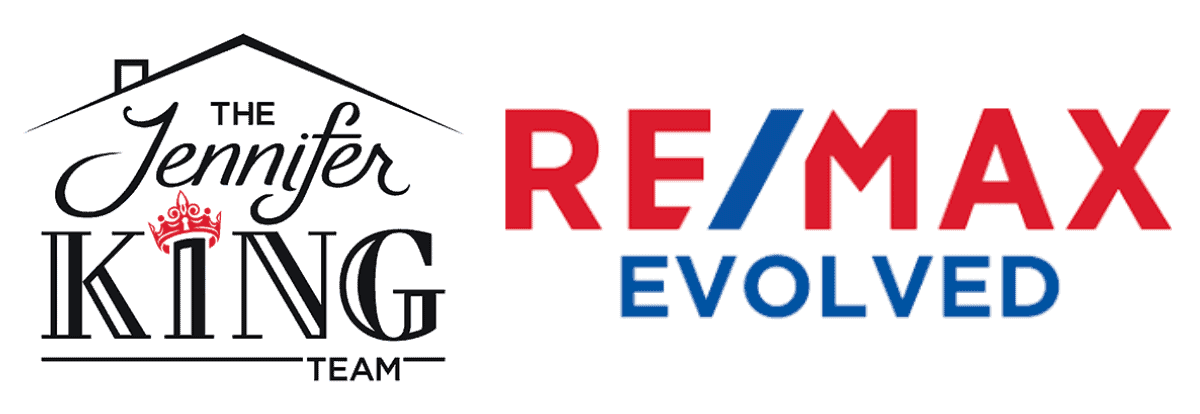Real estate lingo explained here!
Whether you’re planning on buying or selling real estate, you’re going to hear all kinds of real estate terminology that you may not be familiar with. Knowing these terms may make it easier to communicate knowledgeably, thereby making the home buying or home-selling process much easier. Here are a number of real estate terms that you should familiarize yourself with:
- Appraisal — The estimated value of the property as determined by a qualified appraiser. Lenders require an appraisal of a property before providing the mortgage loan to the buyer.
- Appreciation — The amount that a property has increased in value over a specific time.
- Assessment – Property tax valuation, typically assigned by the local taxing authority and not typically indicative of indicative market value.
- Closing / Settlement — The closing (or settlement) is the scheduled day on which the sale of the property is officially finalized. The buyer signs all the mortgage documents and pays their closing costs and the seller completes the transaction with the buyer, transferring deed and ownership to the buyers.
- Closing Costs — The closing costs refer to all of the costs associated with the final sale of a property, all of which are part of the sale or purchase. These costs typically include agent fees, origination fees, lawyer fees, title insurance fees, survey fees and taxes. Buyers and sellers each have closing costs for which they are responsible.
- Contingency — A condition that must be met before the contract between buyer and seller becomes legally binding. One common contingency is the home inspection. If the home inspection reveals major problems, then the contingency may allow the buyer to terminate without losing their earnest money deposit. Another common contingency is a contingency for mortgage financing.
- Depreciation — The amount that a property has declined in value over a specific time period.
- Down Payment — The down payment is the amount of money you pay towards a property purchase, towards a total mortgage balance. The down payment varies depending on the type of mortgage the buyer utilizes. It can range from 3 percent to 6 percent, typically, and in some instances, even more.
- Earnest Money Deposit — The earnest money deposit is the money you provide with your offer on a house as an indication of good faith. (sometimes referred to as the “good faith deposit.”) The earnest money deposit usually accounts for one to ten percent of the property’s purchase price. In Pennsylvania, the listing office (sellers’ brokerage), typically holds the earnest money deposit until the sale is completed. When the property goes to settlement, the deposit is credited back to the buyer at settlement.
- Escrow — The escrow is a deposit of funds, such as the earnest money deposit, that are held by a neutral third party (often the listing office, who typically holds the buyers’ escrow deposit in a separate escrow account) until settlement, when the funds are credited back to the buyers on the settlement sheet (or closing disclosure).
- Listings — Realtors will often refer to homes that are for sale as listings. You can find listings online. These listings include basic information about the home for sale – such as the price, number of bedrooms and square footage.
- Mortgage Pre-Approval Letter — Buyers can get approved for a home loan (known as a mortgage) before they find a property they want to invest in. This is known as being pre-approved for a mortgage. This process identifies for buyers know how much they can borrow. Buyers can use the mortgage re-approval letter to communicate to sellers that they have financing in place in order to purchase the home. This simple process often gives pre-approved buyers a competitive edge above competing buyers.
- Multiple Listing Service — The Multiple Listing Service (MLS) is a large database that real estate agents have access to that provides detailed information about most of the properties that are currently on the market.
- Realtor® — Don’t make the mistake of thinking a Realtor is the same thing as a real estate agent. Not all real estate agents are Realtors. Only those that are members of the National Association of Realtors (NAR) can call themselves Realtors.
- Title Insurance — This insurance helps to protect the lender and the buyer against losses or claims against the property – that occur due to a dispute over the property’s ownership and/or liens against the subject property.
Ready to chat? Call The Jennifer King Team to discuss your real estate needs at 717-723-9080.
People also read:
Top Items To Buy To Make Your Move Easier!
What You Need To Know About Capital Gains & Real Estate Sales


